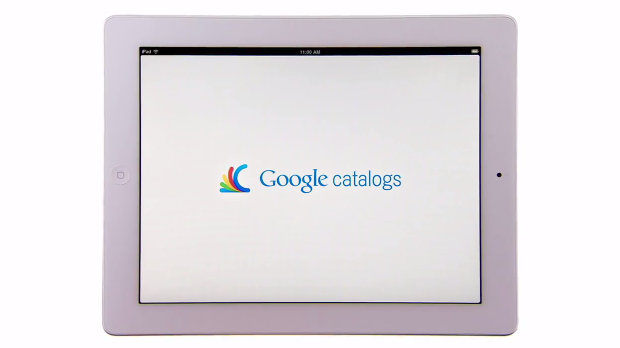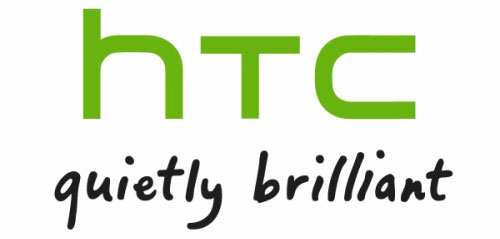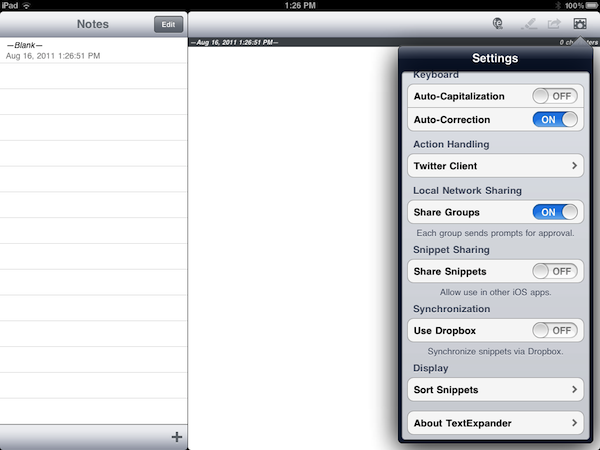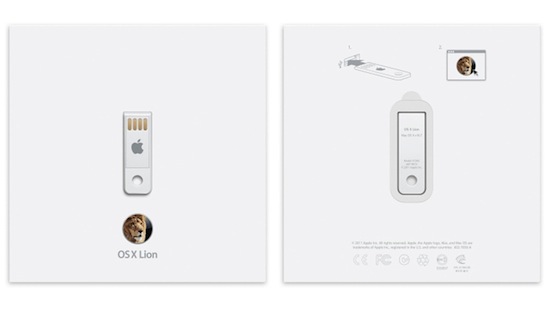In an effort to make shopping “more engaging, social and creative” and, at the same time, connected and interactive in the digital era, Google is launching Google Catalogs for iPad today, a brand new (and free) app to browse and interact with shopping catalogs from popular brand directly on the iPad’s screen. Said to be coming to Android tablets as well, Google Catalogs is now exclusive to the iPad and it offers access to hundreds of different catalogs slightly reworked to take advantage of the iPad with tags, photo albums and videos, as well as the possibility of zooming on product shots, and a button to see whether an item is available in a nearby shop.
Users can organize items they find interesting in Favorites, or create a “collage” with custom themes and resizable photographs to share with fellow Google Catalogs users. Google is touting this feature as a way to shop digitally using the iPad’s intuitive gesture-based system, and be creative.
For the launch of the Catalogs app, Google has partnered with the following brands:
- Anthropologie
- Bare Escentuals
- Bergdorf Goodman
- Crate and Barrel
- L.L. Bean
- Lands’ End
- Macy’s
- Neiman Marcus
- Nordstrom
- Pottery Barn
- Saks Fifth Avenue
- Sephora
- Sundance
- Tea Collection
- Urban Outfitters
- Williams-Sonoma
Google says more brands will be added soon, and merchants with a shopping catalog can contact the Google Catalogs team right away to apply for inclusion in the app. From the promo video embedded below, you can see how Google Catalogs seems to heavily rely on sliding animations, pop-ups and links placed directly on a product’s photo or description – rather than forcing users to navigate to a specific page like printed catalogs often do, the app enables them to have more information quickly available in a new window.
Google Catalogs for iPad is available for free on the App Store.










